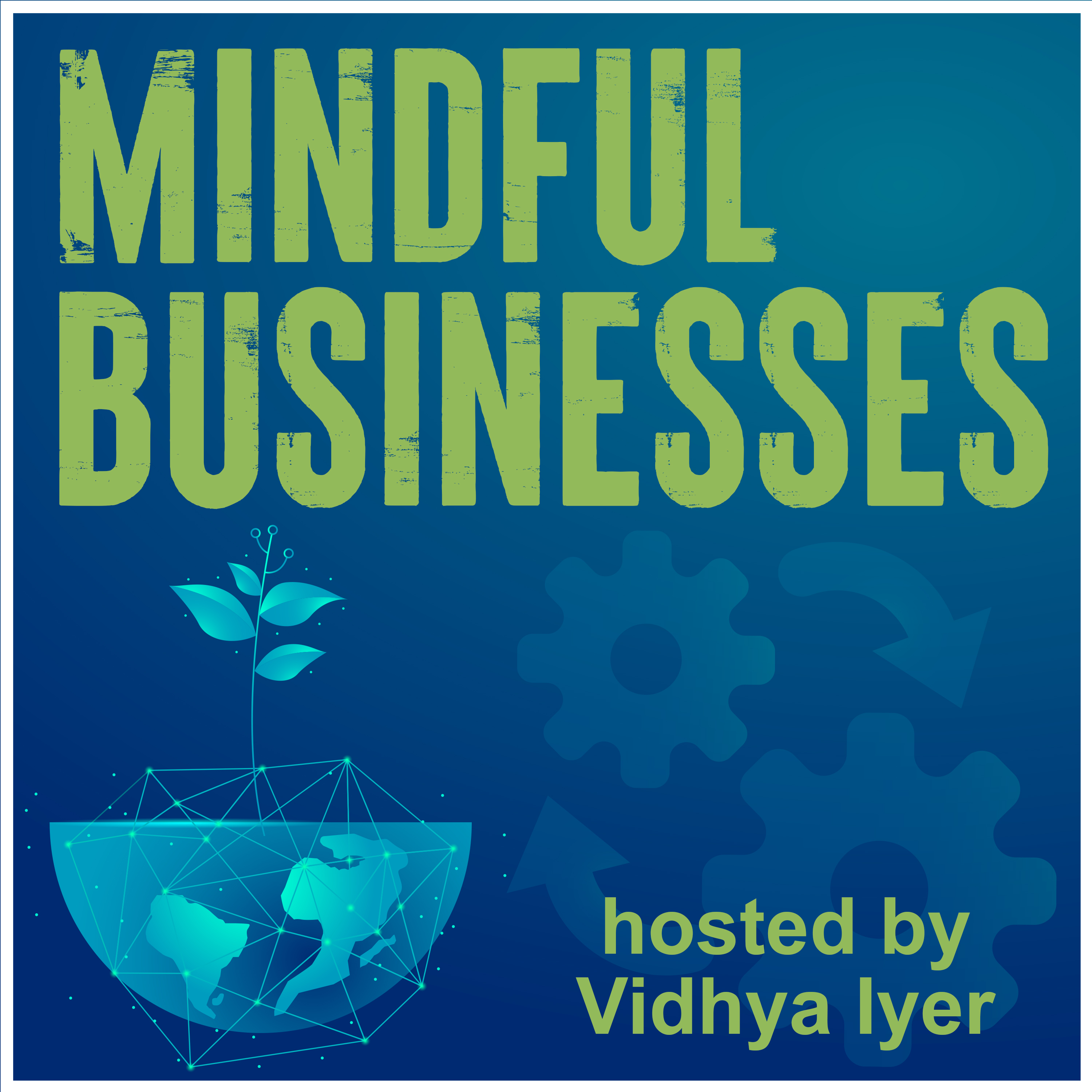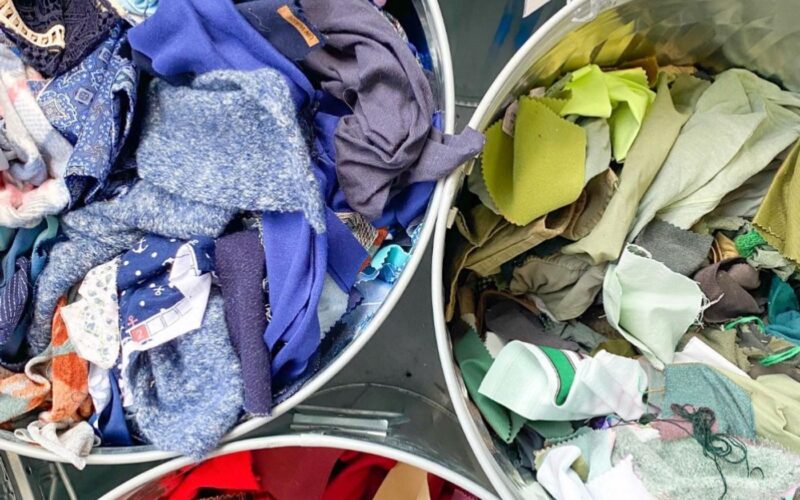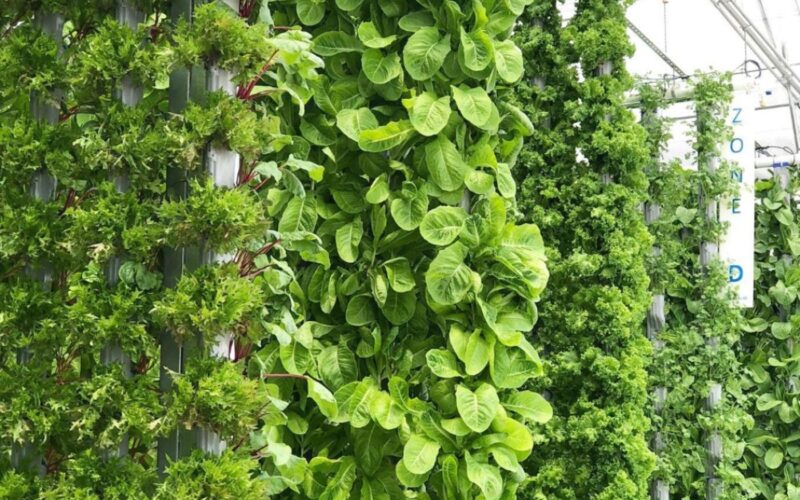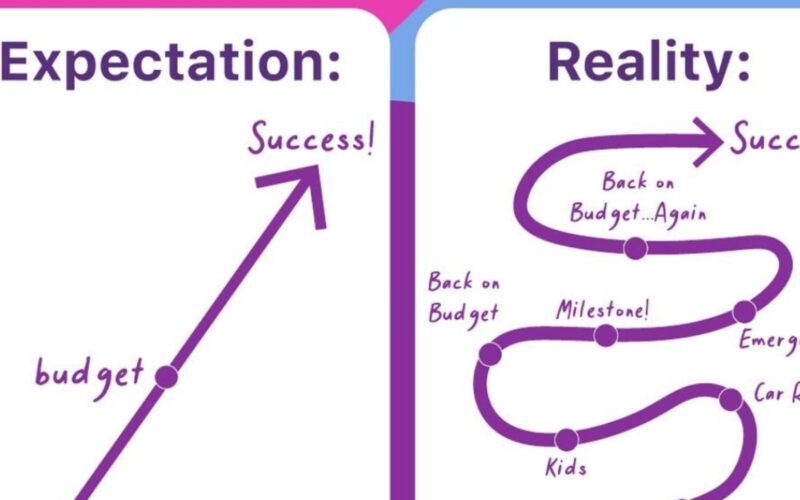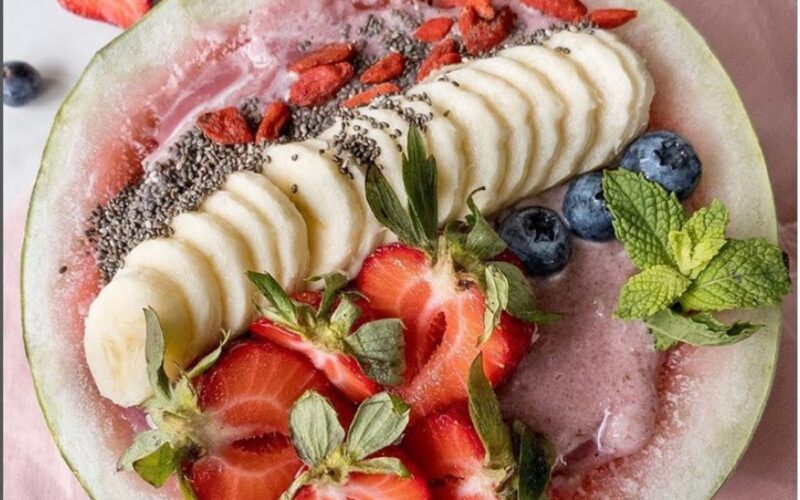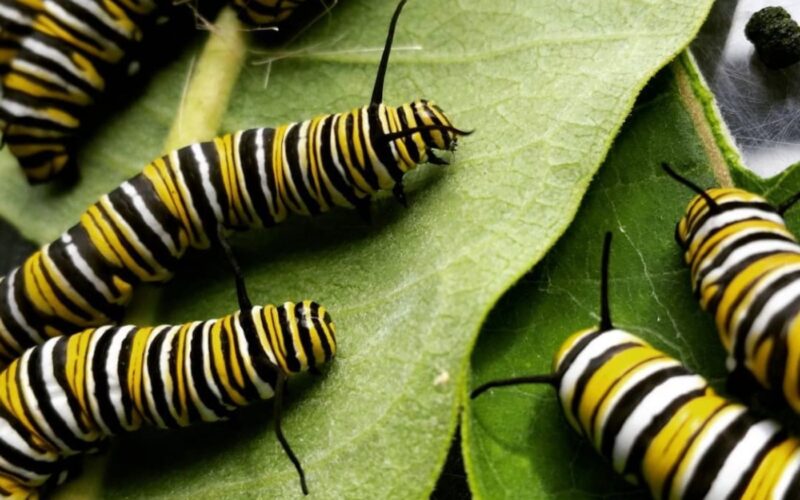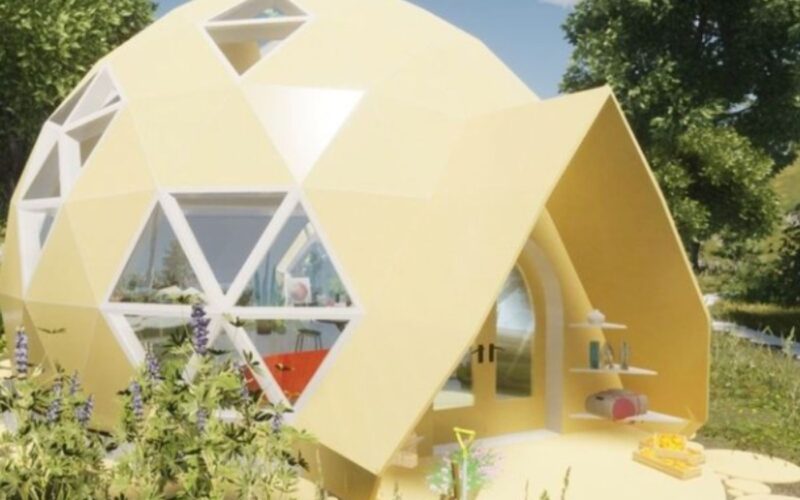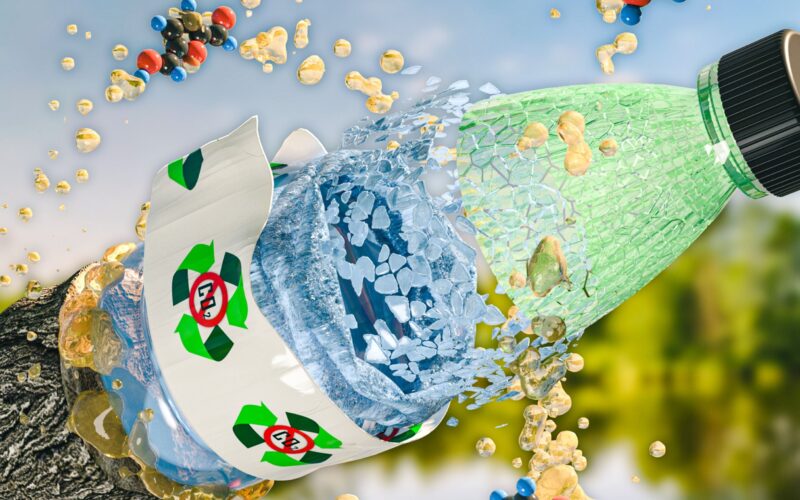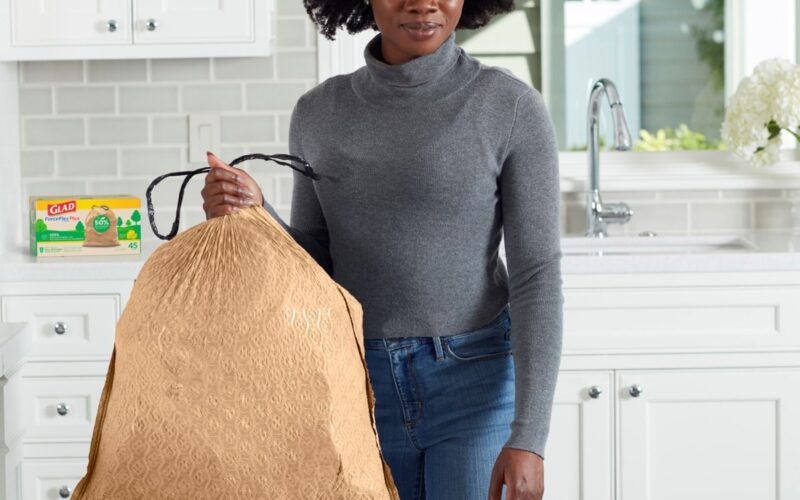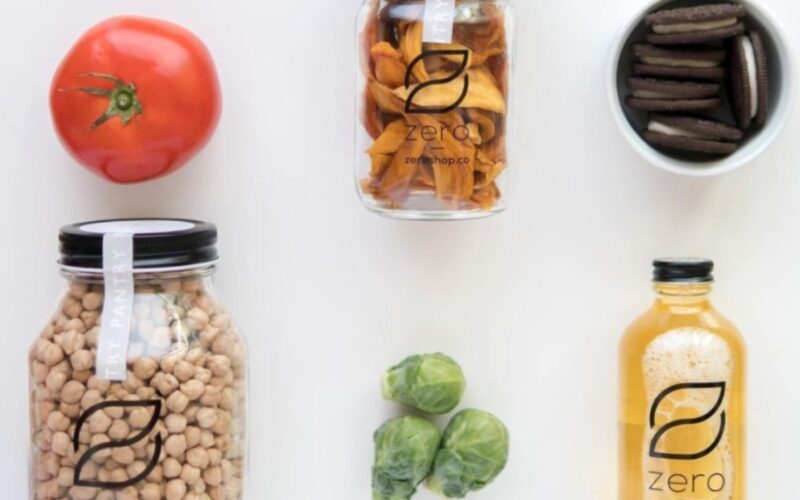107: FabScrap – Recycling and Reusing Textile Waste
Majority of the conversation around fashion waste revolves around finished products that end up in the landfill. But around 12 % that is around 6.3 million tonnes per year is sent by brands to the landfill in the design and development stage. These would be sample booklets with swatches and unused fabric rolls and prior to Fabscrap they ended up in the landfill. We talk with Jessica Schreiber CEO and founder of FabScrap, a non-profit whose 80% of earned income comes from service fees and fabric sales. They receive service fees from brands to Fabscrap to pick up their textile waste, similar to when they pay for recycling or trash pickup. They do this with an army of volunteers, almost 100 unique ones per month and their staff in Brooklyn and Philadelphia. Their staff take extra precautions to assure brands that their copyrighted materials are shredded and don’t reenter the market. Fabscrap also sells the fabrics to quilters, sewing enthusiasts, fashion students and assuring nothing that is picked up by Fabscrap goes to the landfill. With the long-term goal to influence habit and policy they create impact reports that they share back with their brands – how much and what fabric they picked and how was it sorted and if reused or not. Jessica believes that this makes the brands internalize the cost of their waste and may help them reevaluate and optimize their design and planning process. Learn more about this first of its kind initiative and organization on this episode of Mindful businesses.
#textilewaste
#mindfulbusinesses
#sustainablefashion
#fabricwaste
#fabscrap
#sustainablefashion


